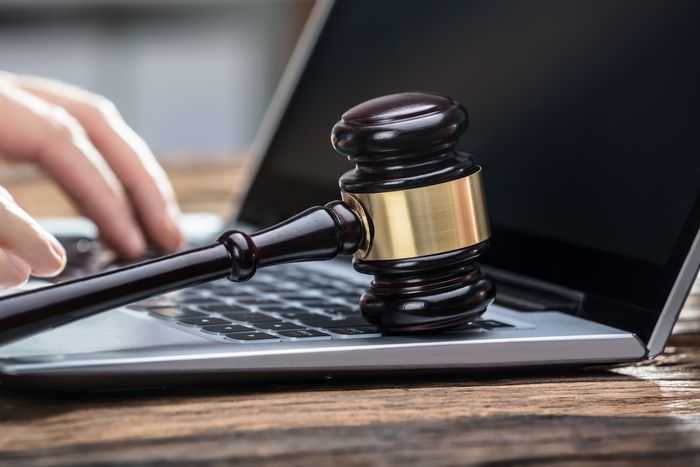The principle of free speech is somewhat wooly. It's often conceived as an absolute concept, but it's not absolute at all.
How should we decide what is acceptable and what is not? Who decides? Who is worthy of some kind of protection via some kind of qualification or caveat? Defining free speech isn't simple.
When people advocate change, it's common (perhaps human nature) to approach that person's view for change with derision and present their view as obstreporous or abrasive. The rise of social media has made this worse. It's far easier for people to pick out the most extreme positions on any side of a debate and use them to spread alarmism, thereby disguising fruitful debate under the surface.
And so, it becomes toxic. These days, free speech is often used as a tool to provide a basis for people to say whatever they want without fear of challenge. And that is really ominous behaviour. Worse, this freedom is often used in a way which harms people and communities who are already vulnerable.
And that's all too tangible.
There's a link between hate crime and free speech. And when – for example – people of colour, people belonging to a particular religious group or LGBT people tell us that "free speech" is being used as a basis for people to justify and legitimise dehumanisation, often we don't listen. Why? Because the people who can catalyse change aren't diverse. They aren't equipped to empathise. And that's usually through no immediately morally culpable fault of theirs. But the people who are encroaching upon the lives of vulnerable people by deploying the "liberty of free speech" are morally culpable. For example, the use of trans-exclusionary language under the provision of "free speech" blurs free speech into hate speech.
This is certainly not to say that free speech isn't important. Of course it is. We do not want to find ourselves in a nightmare from Orwell's 1984. The problem is that most expression online is on platforms owned by private companies, who are reluctant to stymie expression because of the constant tug of war between ethics and money. We actually already have extensive frameworks and laws which define where free speech ends in law (if not philosophy). In marketing, it's very clear in law when it comes to what we can and cannot say regarding the products or services we are promoting, and these laws match up reasonably well with our ethical intuitions. Applying this logic to online expression should yield a successful result. But in practice, that's really hard to apply to private companies.
Freedom ends where someone else's begins. This applies to free speech. Free expression does not apply if your expression deprives somebody else of their validity or humanity. Trying to dress this kind of expression as acceptable under "free speech" is nothing more than an effort to disguise bigotry.
One of the most famous defences of free speech was conceived by J. S. Mill. The only limitation he places on free expression is that power may be exercised over another against their will only to prevent harm to others. Whilst the technicalities are still debated, this principle has been embraced in law and by most thinkers on this topic.
Claiming "censorship" to justify expression which harms others in the UK does disservice to people around the world who face imprisonment or death for freedom of expression in countries where Orwell's 1984 is too close for comfort to reality.
The easy path is to let people get away with it. My plea to you is that you call out this behaviour and make our world that bit safer and more inclusive for people who are already vulnerable.



